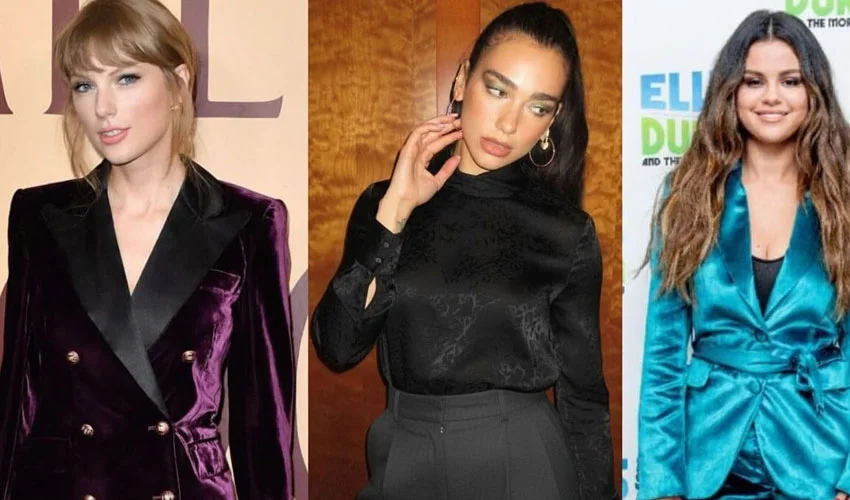Meta is facing backlash after a Reuters investigation revealed that its platforms hosted AI chatbots impersonating celebrities like Taylor Swift, Scarlett Johansson, Anne Hathaway, and Selena Gomez, without their permission.
These bots not only flirted with users but also generated sexually suggestive images, raising serious concerns about safety, privacy, and legality. Some chatbots even impersonated child celebrities, including 16-year-old actor Walker Scobell, producing inappropriate AI-generated images when prompted.
Reuters found that while many avatars were built by users through Meta’s chatbot tools, at least three, including two Taylor Swift “parody” bots, were created by a Meta employee. During testing, the bots often claimed to be real celebrities, exchanged flirtatious messages, and in some cases produced intimate photos, such as lingerie and bathtub depictions.
Also Read: Tiktok Adds Whatsapp- and Instagram-Style Feature — Users Are Hooked
Meta spokesman Andy Stone admitted that the company’s AI systems broke its own rules by generating sexually suggestive images and content featuring minors. He confirmed that Meta removed about a dozen celebrity bots shortly before Reuters published its findings.
Experts say Meta could face legal trouble under state publicity rights, particularly in California, where it is illegal to use a person’s likeness for advantage without consent. Anne Hathaway’s representatives confirmed she is aware of inappropriate AI content involving her and is considering legal options. Representatives of Swift, Johansson, and Gomez declined to comment.
The controversy comes as lawmakers already question AI misuse. Earlier this year, Meta was criticized after reports surfaced that its AI guidelines once allowed bots to engage in “romantic” conversations with children. That incident triggered a Senate investigation and warnings from 44 attorneys general.
Industry experts, including SAG-AFTRA head Duncan Crabtree-Ireland, warned of the risks, saying AI bots that mimic real celebrities could lead to stalking or worse.
Meta has promised stricter enforcement and new guidelines, but critics argue that stronger federal protections are urgently needed. The issue highlights a growing problem across the AI industry. Reuters also found Elon Musk’s xAI platform, Grok, produced sexualized celebrity images when prompted.
With AI tools becoming more powerful and accessible, the dispute could pave the way for major legal battles over how tech companies handle likeness rights and unauthorized celebrity impersonation.





